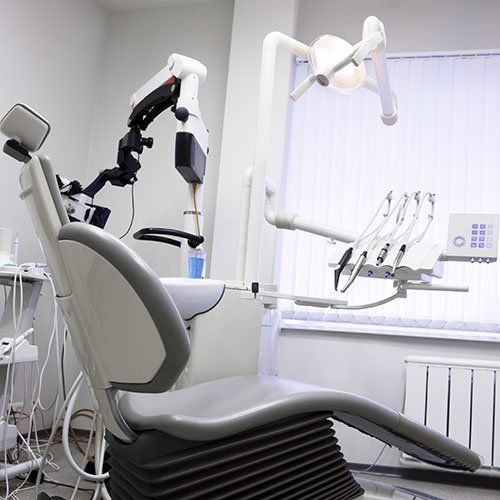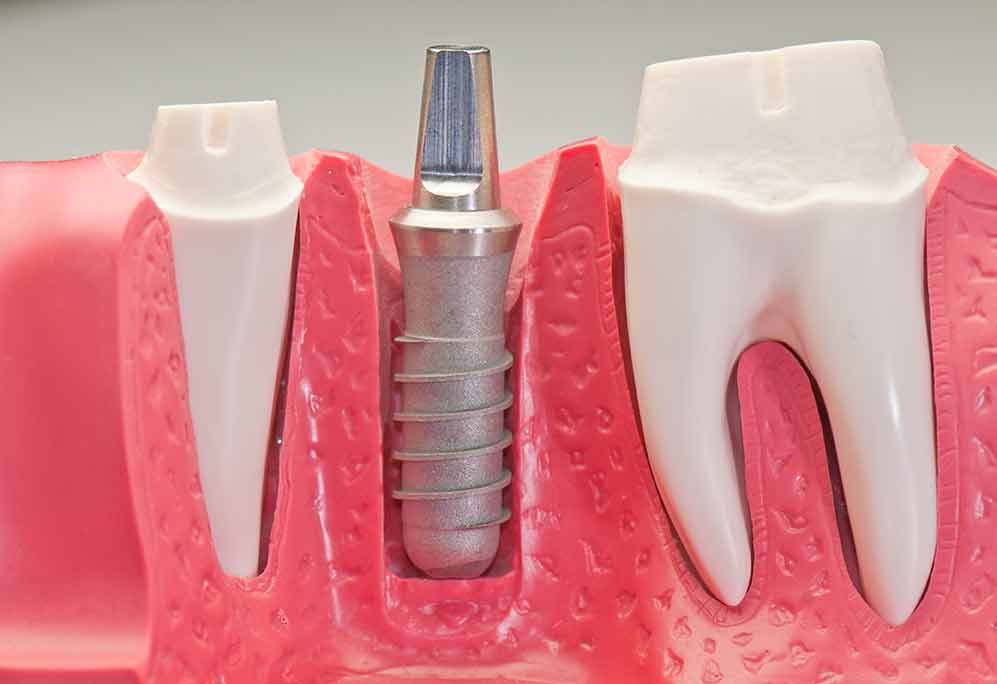When to Have Your Wisdom Teeth Removed
- By Admin
- •
- 01 Jan, 2017
- •

If you’re over the age of 18, it’s likely that you’ll need to have your wisdom teeth removed at some point in the future. This is usually done in your late teens or early twenties, but it’s possible to have your teeth extracted later in life if they’re causing a problem. If you’re on the fence about whether to have your wisdom teeth removed, follow these guidelines.
Pain
where your wisdom teeth are making an effort to erupt, it’s usually wise to have the teeth removed. If the wisdom teeth become impacted, you’ll likely experience even more pain in the future if the teeth remain trapped under the gum line.
Infection
Wisdom teeth can often cause infection in the mouth in the area between an impacted tooth and the gum line. Infection in the mouth and jaw area has the potential to cause significant problems. If you believe that your gums are infected, speak with a dentist right away to discuss having your wisdom teeth removed.
Age
If you’re a young adult, this is the perfect time in your life to schedule a wisdom tooth extraction. For many young adults, wisdom teeth are easy to extract because the roots aren’t developed enough to cause a long recovery time. If you’re interested in learning more about wisdom teeth removal, contact The Oral & Maxillofacial Surgery Center, P.A.

If you refuse to see an oral surgeon about your aching partially impacted wisdom tooth, you may regret your decision later. Wisdom teeth that don't erupt completely out the jawbone can become infected with bacteria. The infection can spread to the structures supporting the tooth, including the jawbone and gum tissue surrounding the tooth.
Here are things that could happen if you don't see an oral surgeon about your partially impacted wisdom tooth.
Here are things that could happen if you don't see an oral surgeon about your partially impacted wisdom tooth.

An oral-maxillofacial surgeon is one who operates on the mouth and surrounding tissues. However, it's a little more in depth than that. Oral-maxillofacial surgery involves diagnosing diseases and prescribing treatments for them as well as treating injuries and defects of the maxillofacial area. Oral-maxillofacial surgeons work on both functional and aesthetic aspects of your mouth.
While there are a variety of reasons you may seek out an oral-maxillofacial surgeon, below are five of the most common.

Temporomandibular joint disorder, or TMD as it is commonly referred to, is a common and frustrating condition. Though it generally manifests as an achy or painful jaw, it may lead to a host of more serious issues, from abscesses to infections. Such issues are both highly uncomfortable and quite costly.
Unfortunately, many people suffer from TMD without ever realizing it--simply because they are not familiar with this condition. If you would like to improve your knowledge of this frequently experienced dental disorder, read on. This article will provide you with a useful overview of the symptoms, causes, and treatments of TMD.
Unfortunately, many people suffer from TMD without ever realizing it--simply because they are not familiar with this condition. If you would like to improve your knowledge of this frequently experienced dental disorder, read on. This article will provide you with a useful overview of the symptoms, causes, and treatments of TMD.









